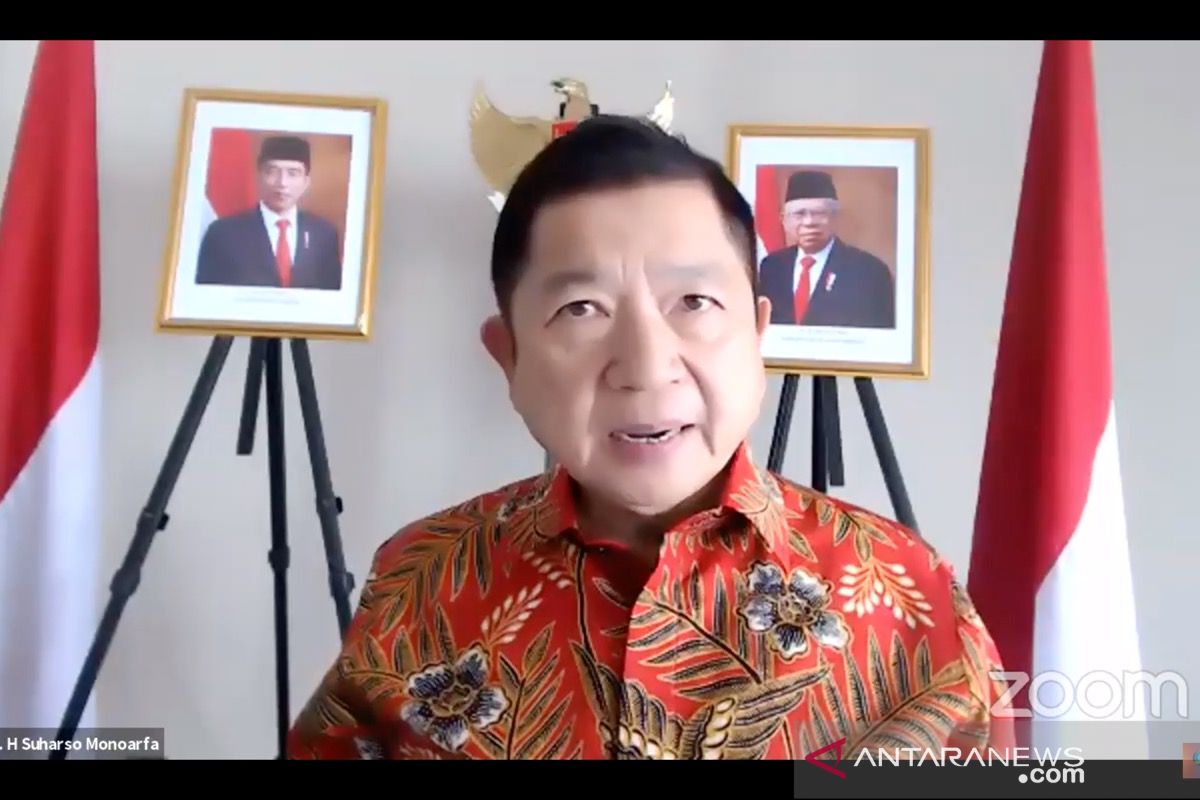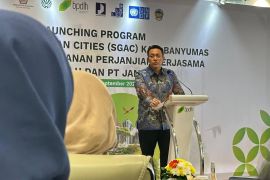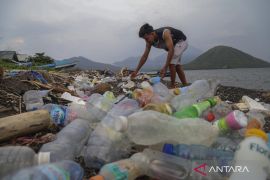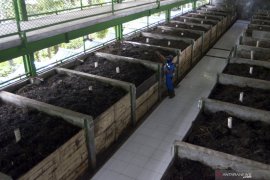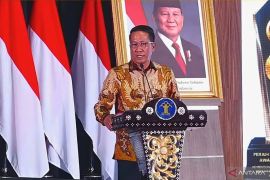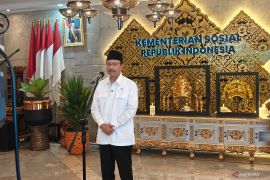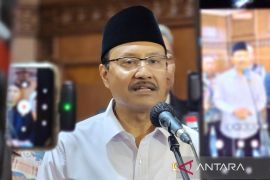The implementation of a circular economy is expected to serve as one of the strategic policies and breakthroughs to rebuild Indonesia to (help it) become stronger in the wake of the COVID-19 pandemic.Jakarta (ANTARA) - The implementation of a circular economy could potentially contribute Rp593 trillion - Rp642 trillion to the gross domestic product in five industrial sectors, National Development Planning Ministry and National Development Planning Agency (PPN/ Ministry Bappenas) said.
“The implementation of a circular economy is expected to serve as one of the strategic policies and breakthroughs to rebuild Indonesia to (help it) become stronger in the wake of the COVID-19 pandemic,” PPN Minister and Bappenas Chief Suharso Monoarfa said in a written statement released on Tuesday.
Circular economy, also known as "circularity", is an economic system aimed at eliminating waste and a continual use of resources. Circular systems employ reuse, sharing, repair, refurbishment, remanufacturing, and recycling to create a closed-loop system to minimize the use of resource inputs and the creation of waste, pollution, and carbon emissions.
A circular economy can be realized by creating green jobs, improving efficiency, and making optimum use of resources, Monoarfa said.
The potential income benefit is based on the results of a study on the Economic, Social and Environmental Benefits of A Circular Economy in Indonesia.
Related news: Ministry mulls fiscal incentives to promote green industry
The study was conducted by the PPN Ministry/Bappenas in collaboration with the United Nations Development Programme (UNDP) for Indonesia, and supported by the government of the Danish Kingdom.
The five industrial sectors are food and beverages, textile, wholesale and retail trade focusing on plastic parts, construction, and electronics, Monoarfa informed.
The implementation of a circular economy concept in the five sectors will also create an estimated 4.4 million new jobs by 2030, he added.
So, a circular economy will benefit economic recovery and social reform, he remarked.
The PPN Ministry/Bappenas believe a circular economy model will reduce greenhouse gas emissions significantly in the country.
PPN Ministry and Bappenas deputy for maritime affairs and natural resources, Arifin Rudiyanto, said a circular economy will have a significant impact not only on the economy, but also the environment.
The impact of a circular economy on the environment includes potential reduction in greenhouse gas emissions, which would help Indonesia achieve its emission reduction target, he pointed out.
The target could be achieved through low waste production, efficient energy use, and extending the age of resources, he noted.
"Based on our analysis, a circular economy can help Indonesia achieve the target of reducing greenhouse gas emissions by an equivalent of 125 million tons of CO2 in 2030," he said.
Meanwhile, Danish Minister of Environment Lea Wermelin said a circular economy creates opportunities for economic agents to reduce material consumption, waste production, and emissions, and maintain economic growth.
The circular economy concept has been successfully implemented in several countries, including Denmark, she added.
Related news: Special economic zones ideal for circular economy: GGGI
Translator: Dewa Ketu SW/Suharto
Editor: Rahmad Nasution
Copyright © ANTARA 2021
